Fundaments and Methodologies
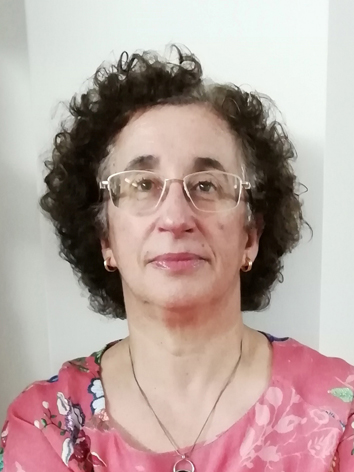
M. Ermelinda S. Eusébio
University of Coimbra, Portugal
Thermal Analysis in the Investigation of the Solid State of Organic Compounds
Short Bio
M. Ermelinda S. Eusébio received her Ph.D. in Chemical Thermodynamics from the University of Coimbra, Portugal, in 1995, and is currently Associate Professor at the Chemistry Department of this University. She is the coordinator of the Laboratory of Thermodynamics and Solid State Chemistry of the Coimbra Chemistry Centre–IMS research Centre. Her scientific interests have been mainly directed towards the investigation of solid forms of organic compounds: design, screening, selective preparation and performance evaluation, with particular focus on polymorphs, co-crystals and co-amorphous phases of active pharmaceutical ingredients. She has been using a multidisciplinary approach in the interpretation of results, with emphasis on thermal analysis methods.
Topics
1. Relevance of solid forms of organic compounds in the industry.
2. Contribution of thermal analysis to organic solid-state investigation. Differential scanning calorimetry, thermogravimetry, polarized light thermal microscopy.
Planning experiments: equipment, sample preparation and history, experimental procedure.
Applications: Detection and characterization of polymorphs; solvates, co-crystals, co-amorphous phases.
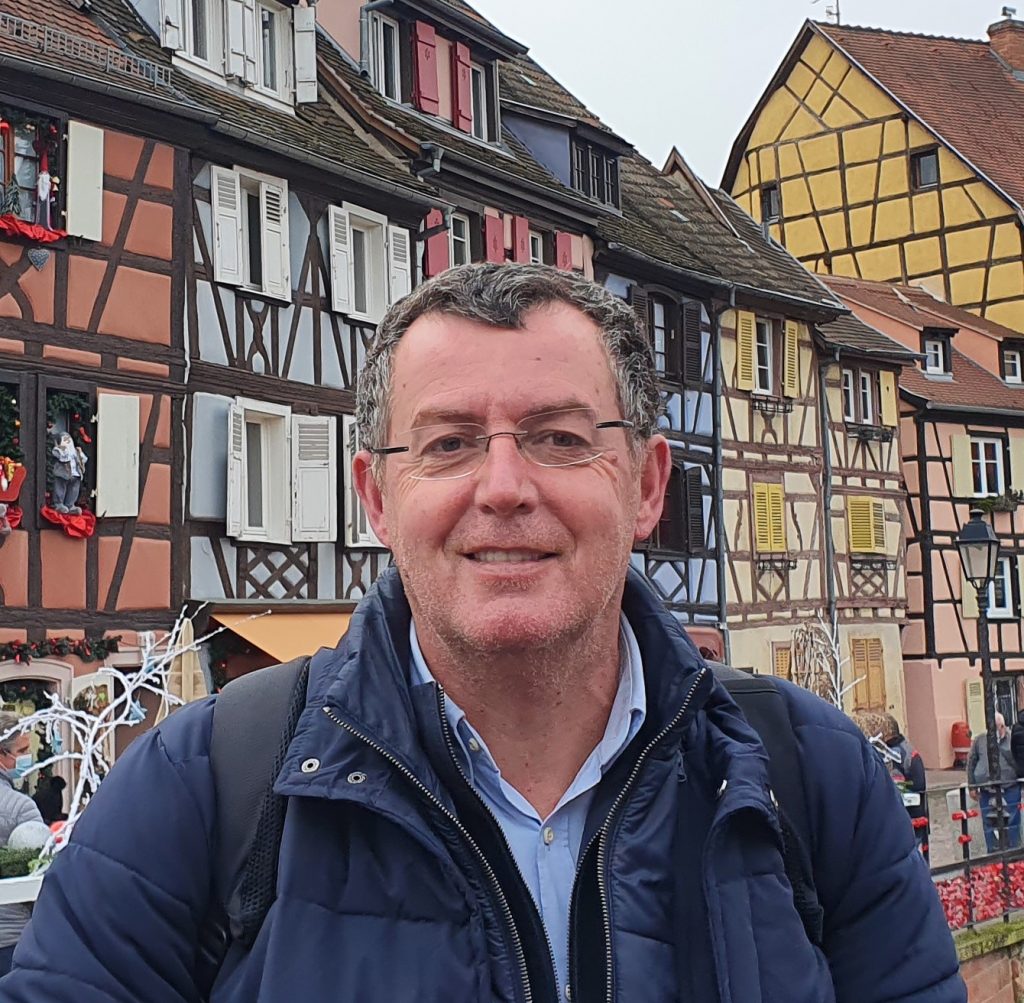
Luís Santos
University of Porto, Portugal
Fundamentals of Calorimetry and Thermal Analysis
Short Bio
Luís M. N. B. F. Santos (Luis Belchior Santos). Completed the PhD in Chemistry in 1996 by University of Porto, Faculty of Science and the degree in Chemistry in 1987 by Faculty of Science University of Porto. Is Associate Professor (with Habilitation) in the Faculty of Science of the University of Porto (Physical-Chemistry Group at the Department of Chemistry and Biochemistry). Leader of the NSO (Nanostructure and Self Organization) research group at CIQUP. Participates and/or participated as Invited Scientist Fellow In the MPI-PKS Max Planck Institut in Dresden Germany. Works in the area(s) of Science and Chemical Engineering with emphasis on Physical Chemistry and Materials Science. Is internationally recognized for his work in the field of molecular energetics, in the study of thermophysical properties of materials, in particular for his contribution to the interpretation of nanostructuration in ionic liquids. He is also recognized for his studies and developments in the field of new experimental methodologies in the areas of calorimetry, thermophysics and thermal analysis. Published more than 200 articles in international journals. Has 2 book(s). Has received 5 awards and/or honors. Successful supervision of 8 PhD students. Some CV indicators: H=43; H100=22; >8000 citations. Chairman & Organizer of ECTP 2014 – European Conference on Thermophysical Properties. Organizer and Chair of ILWS2017 winter school on ionic liquids. Is actually the Chair of the ILMAT20023 and leads a R&D team of 20 members and is supervisor of 4 PhD Students in the fields of calorimetry, physical chemistry of ionic liquids materials and thin film materials.
Topics
1. Thermodynamic Background to Thermal Analysis and Calorimetry
2. Temperature Measurement and Control
3. Heat Transfer and Heat flow Measurements
4. Calorimetry and Thermal Analysis Methodologies
5. What can we Learn from Calorimetry and Thermal Analysis?
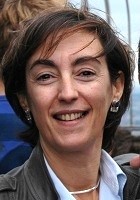
Margarida Bastos
University of Porto, Portugal
All you need to know about ITC but you were afraid to ask – the basics and the planning
Short Bio
Margarida Bastos earned her PhD in Thermochemistry from Lund University, Sweden, in 1991and is presently an Associate Professor in the Department of Chemistry and Biochemistry at the University of Porto, where she leads the biocalorimetry research group, within the Nanostructures & Self-Organization R&D Group. Calorimetry is her main expertise, but she has also been using other biophysical techniques, such as small angle x-ray diffraction (SAXD), neutron scattering, fluorescence spectroscopy (static and time resolved), microscopy (SEM, TEM, and confocal), having the study of antimicrobial peptide/membrane interactions as main research interest. Besides this, she also applies calorimetry to the thermodynamic characterization of polymer/surfactant interactions, solution behavior of hydrophobic and hydrophilic compounds, interactions involving ionic liquids.
She was the co-leader of WG4 (Optimization of data quality) of the COST action MOBIEU (Molecular Biophysics in Europe), an effort that resulted in several methodology papers in a special number of European Biophysics Journal in 2021. She is a member of ARBRE (Association of Resources for Biophysics in Europe), and reviewer for many international journals. This year she published with other international ITC experts a comprehensive Isothermal Titration Calorimetry paper on Nature Reviews Methods Primers.
Topics
1. Principles of Isothermal Titration Microcalorimetry – Instruments’ design
2. ITC – why is it ‘the gold standard for studying molecular interactions in solution’?
3. The importance of a very good experimental planning – what to worry about
4. Applications – protein ligand binding and partition to membranes
5. The importance of cleaning, calibration and test
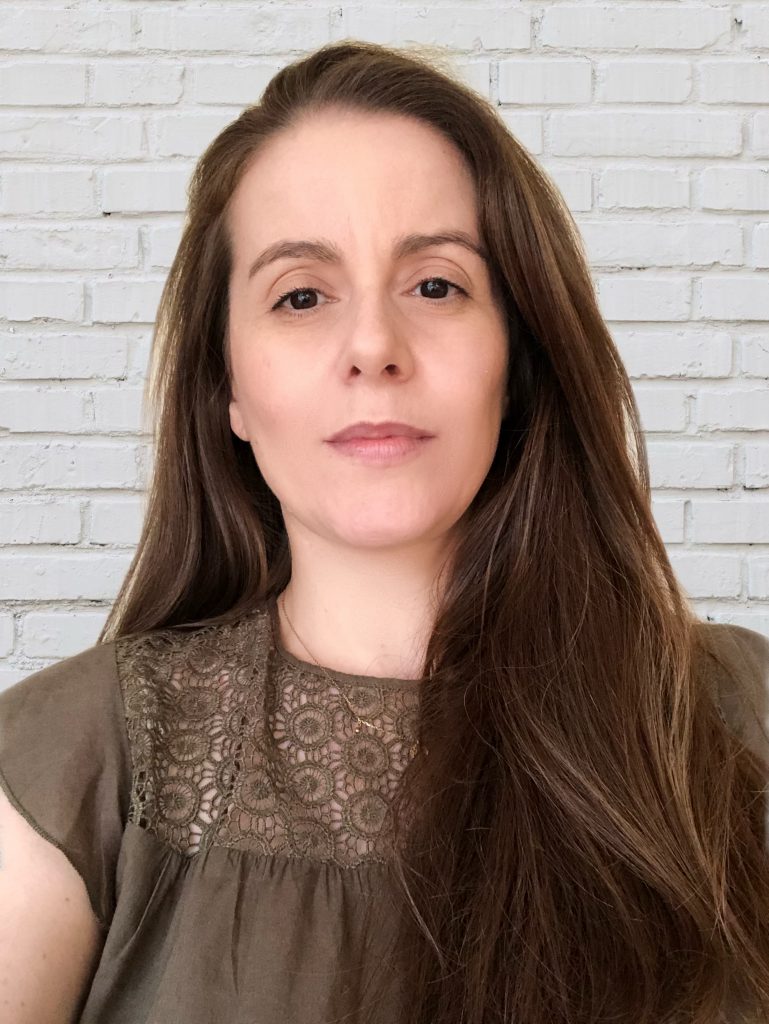
Vera L. S. Freitas
University of Porto, Portugal
Exploring Thermodynamic Properties of Organic Compounds: Insights from Computational Thermochemistry
Short Bio
Vera L. S. Freitas (VLSF) is a researcher and academic in the field of thermochemistry. She obtained her PhD in Thermochemistry from Porto University in Portugal in 2011. Currently, she holds a position as a Researcher at the CIQUP research center, in the Department of Chemistry and Biochemistry at the University of Porto.
Within the research center, VLSF is a member of the research group RG2- Molecular & Supramolecular Thermodynamics. Her work primarily focuses on experimental and computational studies of organic molecules, particularly those that are of special relevance to the pharmaceutical industry and the development of new materials.
VLSF has contributed to the scientific community through her publications(1), mainly in the field of thermochemistry. Her research findings and insights have been shared in peer-reviewed articles published in international journals. In addition to her research activities, she also serves as a reviewer in her field for peer-reviewed articles in international journals.
VLSF actively participate in teaching courses focused on molecular energetics, leveraging her expertise and knowledge in thermochemistry to enhance the education and training of students in this area of study.
(1) http://www.scopus.com/authid/detail.url?authorId=15768924500
Topics
1. Context and fundaments
2. Potential energy surfaces
3. Calculation methods
4. Basis set
5. Applications of computational chemistry in thermochemical studies
Applications
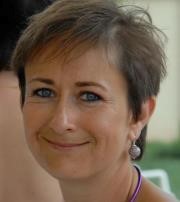
Bénédicte Prelot
CNRS, Montpellier, France
Adsorption and Complexation for Waste Water Treatment. Insights from Calorimetric Measurements
Short Bio
Benedicte Prelot is an Engineer-Doctor from the National School of Geology – National Polytechnic Institute of Lorraine (Engineer Geologist, Environmental Science and Mineral Engineering in 1996, Thesis Geosciences, Physical Chemistry in 2001). After 2 Postdoctoral Positions (Grenoble and Saclay), she was recruited In 2003, as a CNRS research associate at the Institut Charles Gerhardt de Montpellier (ICGM). In 2019, she has been promoted to Research Director and is head of the PAC-ICGM technical Platform (10 engineers and technicians, total equipment 3 M€, 20 devices (NMR, XPS, SQUID, Elemental Analysis, Calorimetry, Textural and Thermal Analysis).
In her research, she works on the surface properties of materials, and their potential applications related to the environment (processes for effluents treatment, catalysis, etc.). It involves in particular to studying the sorption of heavy metals, radionuclides, dyes, drugs, on different types of materials: mineral, hybrid or purely organic, nanoparticles, lamellar, micro and mesoporous.
Thanks to the development of calorimetric tools (Immersion, Titration, Solution, Flow, etc.), the aim is to highlight the driving forces behind adsorption (confinement, ion hydration, co-adsorption). The challenge is not only to combine different adsorbate/adsorbent pairs as surface probes to study surface reactivity (acid-base, hydrophilic-hydrophobic), but also to extend these approaches to competitive adsorption in complex multicomponent effluents.
Topics
1. Background. Adsorption Processes and Characterization Methodology
2. From Complexation to Adsorption Calorimetry
3. Complexing polymers
4. Evidence of the Adsorption Driving forces
5. Examples of Adsorption in Competitive Conditions and Confinement Effects
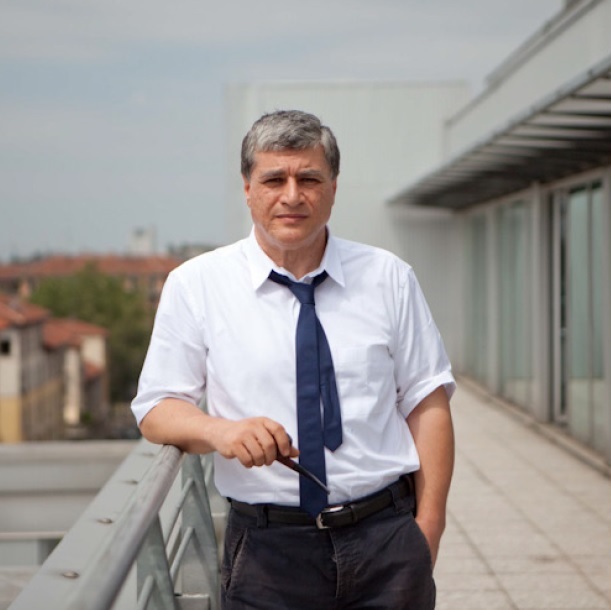
Dimitrios Fessas
University of Milan, Italy
Application of Calorimetry and Thermal Analysis to Food Systems
Short Bio
Dimitrios Fessas, is Full Professor of Physical Chemistry at the Department of Food, Environmental and Nutritional Sciences (DeFENS), University of Milan.
Main research lines: Physico-Chemical properties of food systems (mainly phase transitions and heat sustained transformations); Conformational stability and thermodynamics of biological macromolecules in solution; Thermodynamics of macromolecule-ligand binding phenomena; Thermodynamics and kinetics of adsorption/desorption processes; Microbial growth and metabolism (studied by isothermal calorimetry); Restoring processing and characterization of cultural heritage biomaterials.
Main experimental approach: he run the “Thermal Analysis and Calorimetry Laboratory” equipped with ten instruments covering from molecular up to mesoscopic/macroscopic scale characterization of transitions and interactions of biopolymers.
Member of the Board of Directors (current Secretary) of the Italian Association of Calorimetry and Thermal Analysis (AICAT)
Topics
1. Introduction to food systems (which instrument and/or method)
2. Lipid based systems (crystallization, polymorphism)
3. Not starch Polysaccharides (Tg, gel-sol transitions, cryo-stabilization, bio-packaging)
4. Starch based systems (starch gelatinization, water partition)
5. Food proteins (denaturation, aggregation, reticulation)
6. Microbial growth (via isothermal calorimetry, shelf-life)
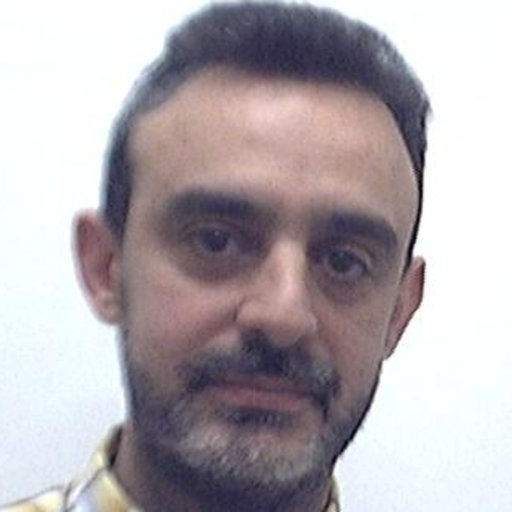
Joan J. Suñol
University of Girona, Spain
Crystallization Amorphous, Nanocrystalline
Short Bio
Prof. J.J. Suñol, Dep. de Fisica, Universitat de Girona, Campus Montilivi, Girona, Spain
Professor of Applied Physics (University of Girona, Spain). Head of the Materials and Thermodynamics research group. Former president of the spanish Thermal analysis and Calorimetry Association (GECAT). Research focused in amorphous and nanocrystalline metallic alloys. Topics: development of soft magnetic materials, structural and thermal analysis. 230 indexed scientific articles. More than 300 congress communications. orcid: 0000-0002-7653-3415.
Topics
The application of thermal analysis and calorimetry techniques in crystallization processes, mainly of metal alloys, will be analyzed; including amorphous and nanocrystalline materials. The complementarity of other techniques will be analyzed as well as aspects such as overlapping processes or the coexistence of other structural and/or magnetic transformations
